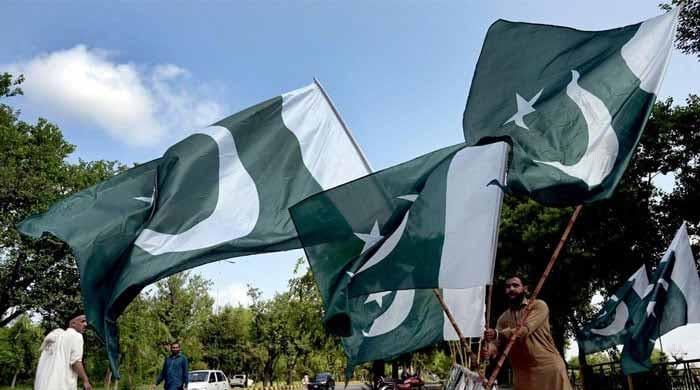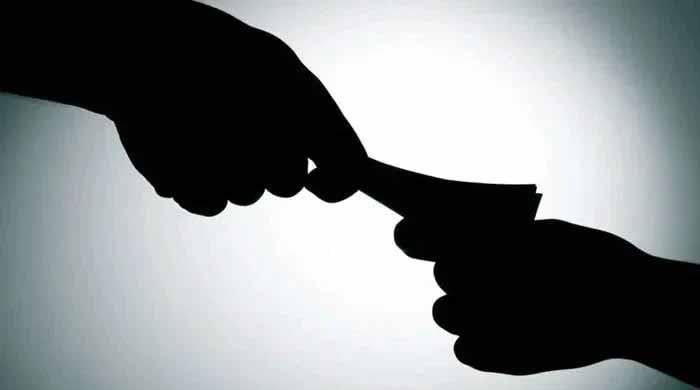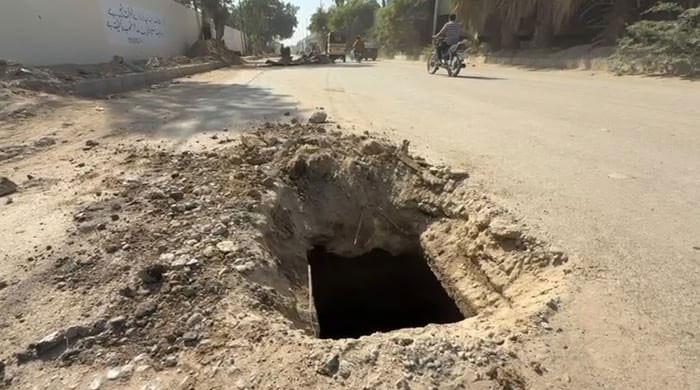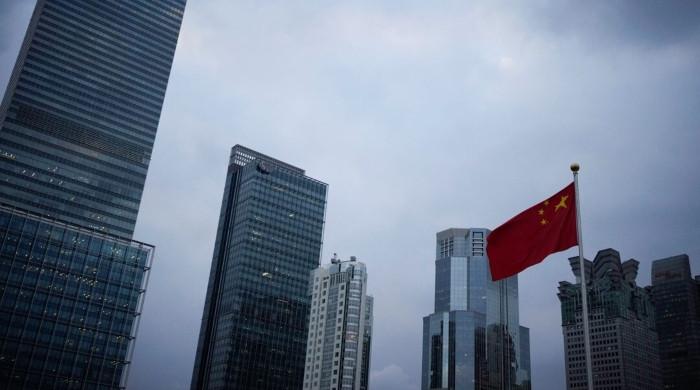Pakistan is changing its laws but not its views on women and transgenders
Pakistan has moved ahead with its 'gender problem' but public perception has not, it will take more effort and time to develop through persistent activism
May 22, 2018
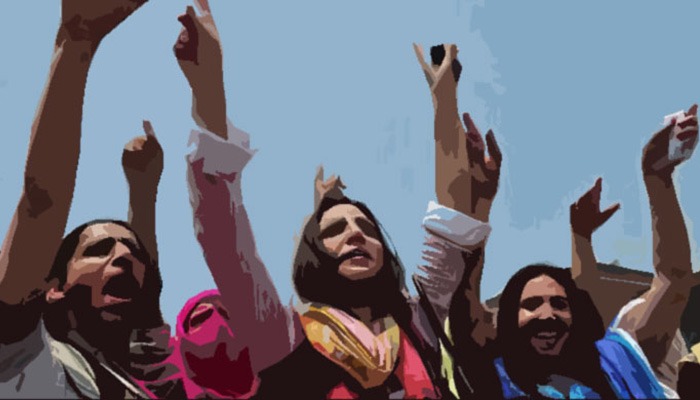
Pakistan has moved fairly ahead with its ‘gender problem’, the drivers of which have been strong civil society movements and international pressure.
Last year, as the United Nation’s Universal Periodic Review was approaching and Pakistan was heading into a re-election into the Human Rights Council, significant legislations were brought forward on women’s rights. Some of the landmark ones include, the Punjab Women Protection Authority Ordinance 2017 and the Punjab Protection of Women against Violence Act 2016.
Minority women have also been protected under the Hindu Marriage Act 2017.
Law enforcement, however, by the system apparatus is still a weak ebb whether related to acid attacks or victims of rape and murder. Parallel structures, and laws in line with religion, have also overridden progressive laws such as the recent case of Asma Yaqoob, a Christian housekeeper who died after an acid attack. Her family was forced to settle the case by taking money from the accused.
In a similar way, Pakistan has recently passed a landmark transgender bill, which was a momentous moment for the country’s transgender activists who have long struggled for rights. Not surprisingly, the bill was opposed by the Jamiat Ulema-e-Islam (F) recommending that it is looked at by the government-run Council of Islamic Ideology.
Though Pakistan’s civil society, including women’s rights activists and transgender activists, have brought about immense visibility through public platforms and progressive members of the parliament, strong implementation and steps towards action are still needed to mainstream these two groups regardless of social, cultural and religious barriers. Much stills needs to be done by the civil society in order to build public acceptability, especially for the transgender whose families still abandon them at a young age, or do not allow them to register during population census drills. According to Pakistan’s 2017 census, the transgender headcount is only 10,000. But the Khawaja Sirah Society, which collects data of the registered transgender community, says at least 80,000 transgender citizens are registered in Lahore alone.
Separately, the National Database and Registration Authority (NADRA) had also in 2017 upgraded their policy, whereby transgender men and women who had been abandoned by their parents could still register for a national identity card under a special category, while completing some requirements. Among these is an affidavit form, attested by a first class magistrate, which when having to produce is a challenging experience in itself.
Though transgender people hold the right to vote as registered voters, there are still hurdles in the process. At a conference held recently in Lahore, regarding the political participation of Khawaja Sirahs, the NADRA representatives spoke of ease in the process that has been brought about since 2017 after an up gradation of its registration systems. However, in response, the transgender community responded by saying they are still being harassed and ridiculed by junior officials and security guards. This again stresses on the point that there is a dire need for sensitisation of the general public towards ‘the other’. Members of the Khawaja Sirah Society also detailed how their male, female, or unisex identity affects their claim of inheritance. Though the bill passed Transgender Persons (Protection of Rights) Act 2018, mentions that these men and women must be ensured their rightful inheritance, it fails to address the systems and procedures through which this matter would proceed. Inheritance being a legal matter relies on the paperwork available with the claimant, however, if a transgender has no parentage or are wrongly registered as male or female, their inheritance rights are jeopardised.
Similarly, at the time of voting, polling agents and personnel are unsure of where a transgender should queue up - in the male or female line.
Public perceptions, therefore, are still taking a backseat, which will take more effort and time to develop through persistent activism. Also, support by progressive members of the government and the civil society is needed to change social attitudes and perceptions.
- Alam is the founding member and secretary general of FACES Pakistan.





